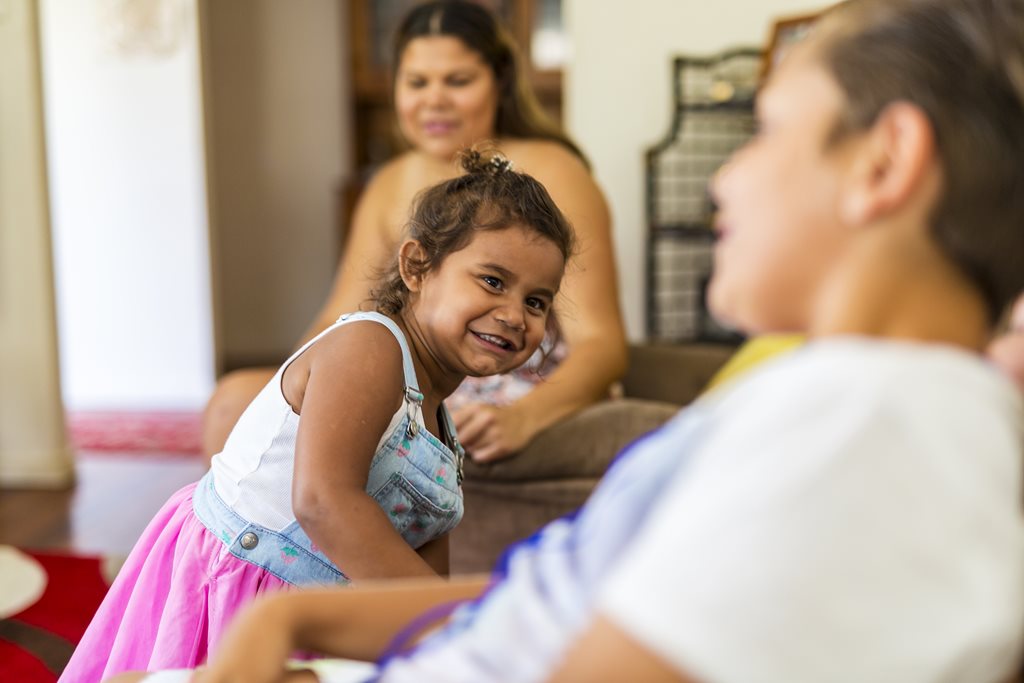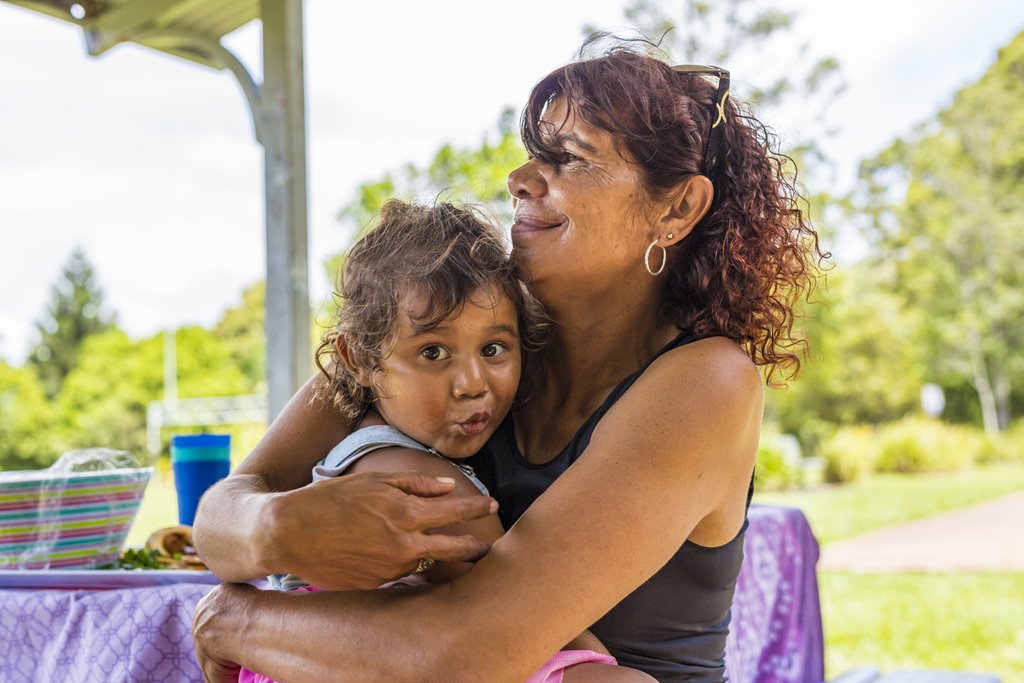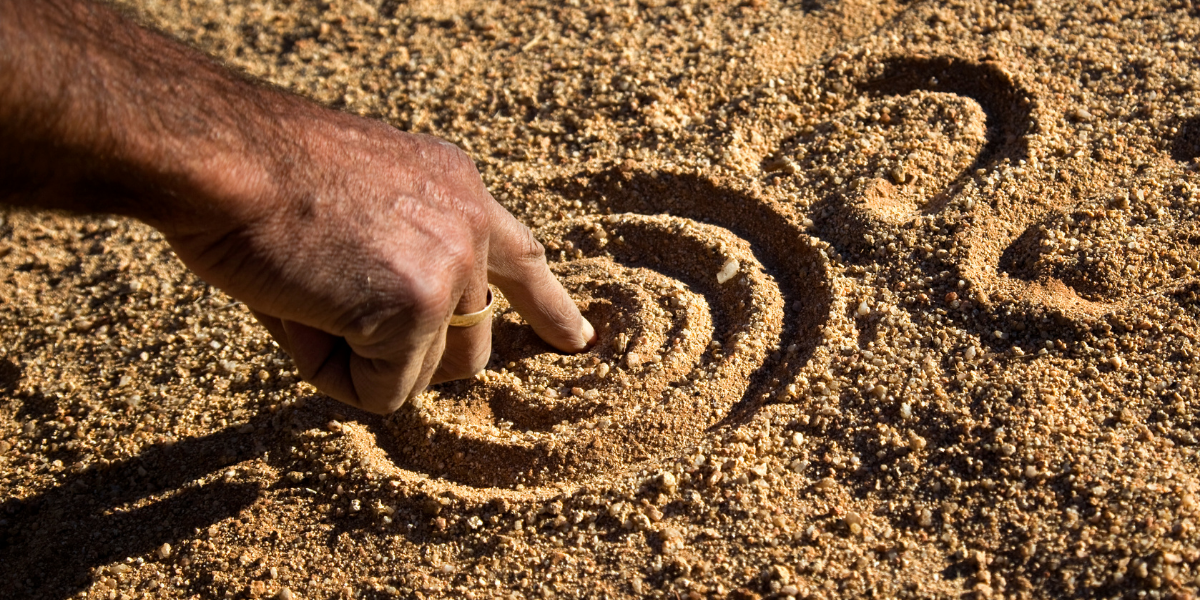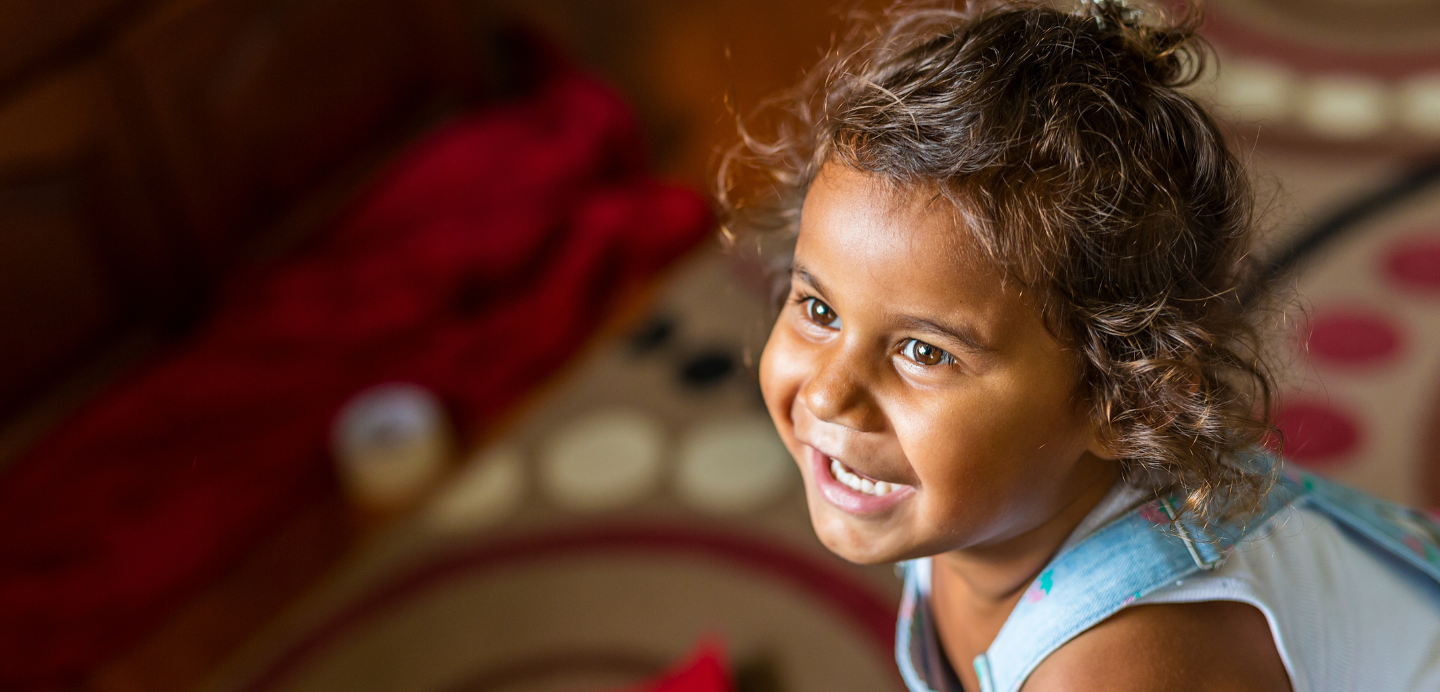We keep foster children connected to their community.
Almost half of foster children in Queensland are Aboriginal or Torres Strait Islander. There are also children in care who are from other cultures and countries.
It is vital for a child's development that they maintain their cultural and community links - key parts of a child's identity. Children with a strong sense of identity are more likely to develop strong self-esteem, confidence and grow into resilient adults.
Wherever possible, we'll match children with carers who share their cultural and community links. Some are extended family or have existing community relationships with the child, what's known as kinship care.
But where kinship care isn't available, we'll work closely with another foster carer, providing cultural training and ongoing support and advice.

Cultural support planning
We'll work with you to create a plan that supports your child's connection with and knowledge of their culture. Our Aboriginal and Torres Strait Islander Engagement Officers are ready to help if you have an Indigenous foster child arriving.

Maintaining connections
All foster carers are dedicated to maintaining a child's links with their family and participation in their community. This is very important for Indigenous foster children and also foster children from other cultures. The child's cultural and community connections are carefully mapped out for any carer, and we'll work with you to help keep these established relationships moving forward.

Promoting culture
Our foster and kinship carers always promote and celebrate their foster child's cultural strengths, language use and traditions, ensuring their foster child continues to build strong positive links with their family, community and identity.
-(3).png?width=1024)
Cultural respect
Our foster and kinship care team is here to help if your foster child experiences racism or bullying. Racism and bullying should always be reported, and we'll help provide advice about what you can do to ensure your foster child remains proud of their strong community and culture.
